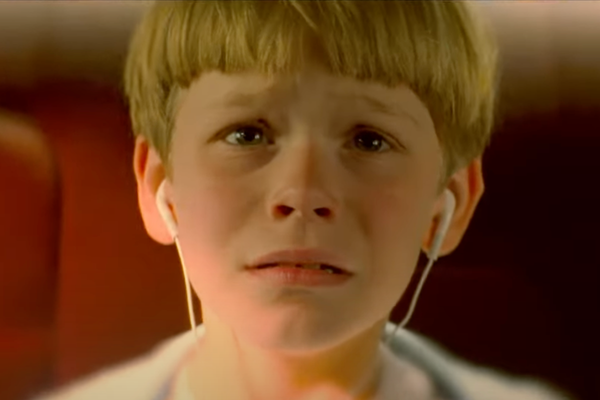
As companies who've ever been targeted know all too well, a single prank or PR incident can cause a dip in stock so significant that it turns off investors. One of the most high-profile incidents occurred last November after Elon Musk took over Twitter and allowed anyone to purchase a "blue checkmark" that has formerly been used to signify verification.
An imposter posed as the pharmaceutical company Eli Lilly (LLY) and sent out a tweet saying that the company is "excited to announce insulin is free now." Shares tanked nearly 5% within a couple of hours as both customers and investors reached out in confusion.
Eli Lilly had to release a statement saying that a "fake Lilly account" sent out a "misleading message" but the damage had already been done -- responding and walking back the satirical statement reignited a very real discussion on insulin prices and accessibility.
Here's Why 'Sushi Terrorism' Pranks Are Spreading In Japan
A more recent example occurred when, at the end of January, a series of prank videos in Japanese sushi restaurants started going viral on the internet. In one, a teenage boy is seen licking soy sauce bottles before putting them back on the conveyor belt carrying sushi to the rest of the diners of the Sushiro restaurant in the southern city of Gifu.
Before long, similar videos started popping up at restaurants across the country -- some show people putting a lot of wasabi inside pieces of sushi before putting them back or adding toys or other items on the conveyor belt that is a common way to serve sushi in the country.
But the one at Sushiro went the most viral with over 98 million Twitter views and thousands of comments calling it "disgusting" and pointing out the danger during times of covid-19.
"I can't go to conveyor belt sushi anymore," wrote on user in a Twitter comment that received over 2,100 likes.
A Sushi Prank With A $125 Million Loss
On the day the video went viral, shares of the parent restaurant company Food & Life Companies Co Ltd. (SGLOF) fell by 4.7%. The incident amounted to a nearly $125 million market cap loss to the company and Sushiro responded by filing a police complaint on the teenager.
"As a company, we will continue to respond firmly with both criminal and civil cases," the company said in said in a statement to CNN.
Sushiro also instated new rules that requires diners to get condiments from a staffed station. Chains like Hama-sushi and Kura Sushi, which were also featured in some of the videos, said that they would install cameras to scare off offenders.
Among the influx of comments vowing to never eat at Sushiro again, some felt sorry for the company and started tweeting with the #SaveSushiro hashtag. Many praised it for taking a strong stance to prevent such incidents from spreading while others criticized it for seeking police action against a teenager.
"I've always wanted to go to Sushiro but haven't been able to because it's always crowded," popular Japanese singer Yuya Tegoshi on Twitter. "But the situation now is the absolute worst for them, so I'm definitely going to visit.”







